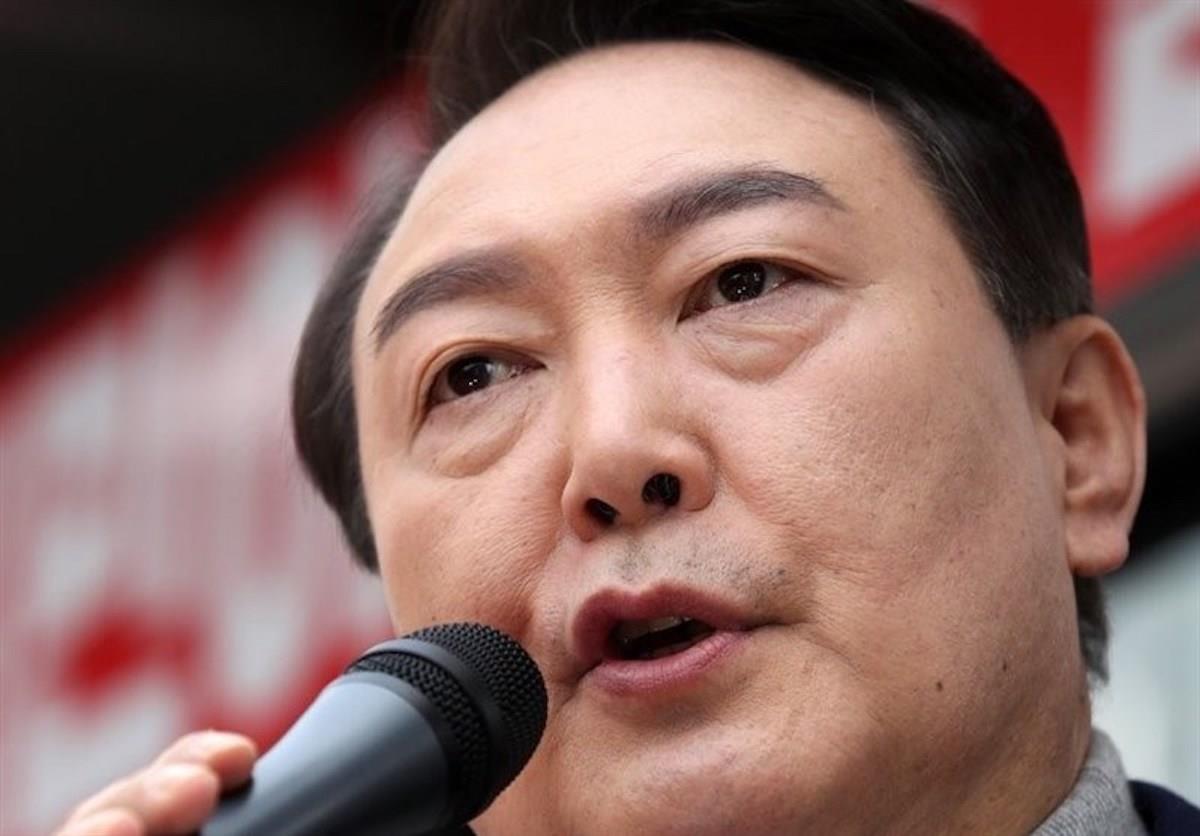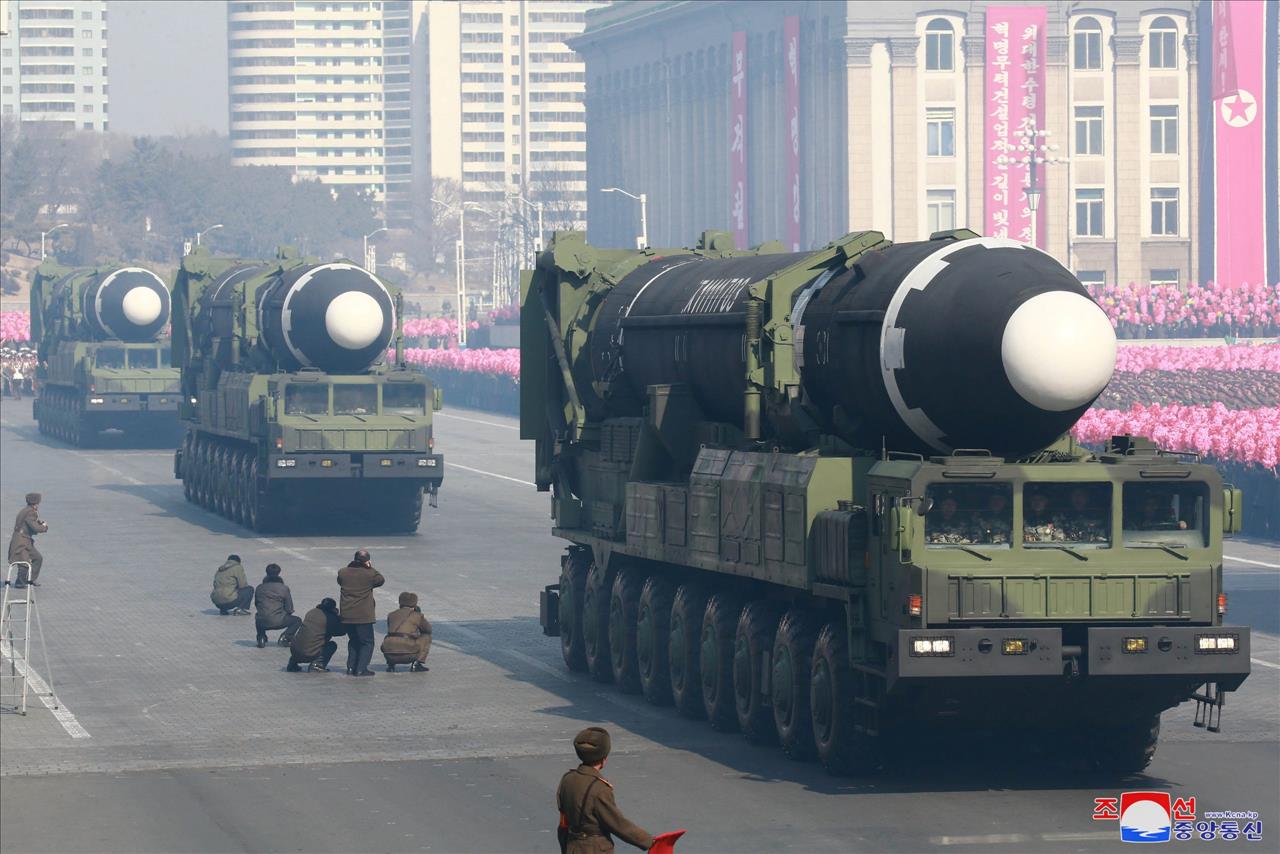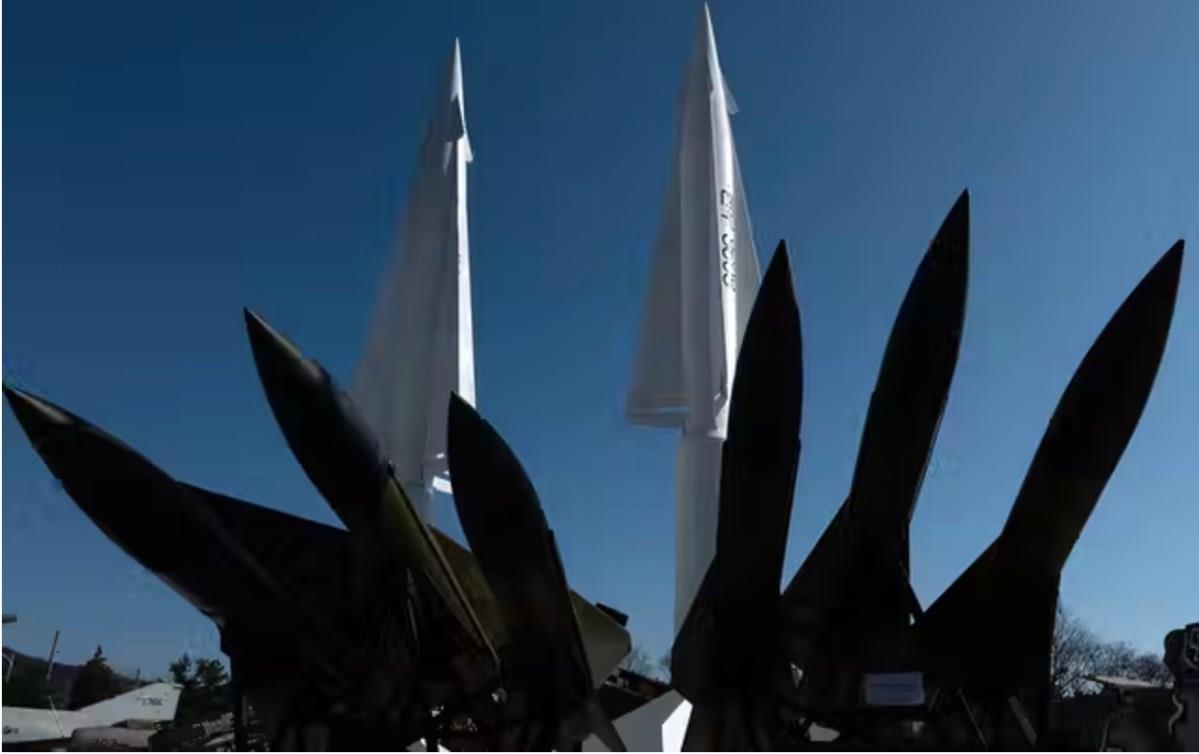(MENAFN- Asia Times) South Korea may be inching closer to acquiring its own nuclear weapons, driven by wavering confidence in US security guarantees and North Korea's rapidly advancing nuclear program.
this week, the warzone reported that South Korean President Yoon Suk-yeol announced that his country might consider building tactical nuclear weapons in response to North Korea's nuclear weapons program, the first time that a South Korean President raised the possibility since 1991.
“It's possible that the problem gets worse, and our country will introduce tactical nuclear weapons or build them on our own. If that's the case, we can have our own nuclear weapons pretty quickly, given our scientific and technological capabilities,” said Yoon according to reports.
President Yoon also mentioned that North Korea's nuclear weapons pose a threat to the US and other allies, saying,“The North Korean nuclear threat is not only a threat to South Korea anymore, or an issue of the United States merely protecting South Korea. It has become a so-called common interest for South Korea, Japan, and the United States,” he said.
In addition, The Warzone states that Yoon mentioned the possibility of basing US tactical nuclear weapons in South Korea, noting that“It's always important to choose a realistically possible means,” he said.
The Warzone notes that basing US nuclear weapons in South Korea has been a hot topic since President Yoon came to power last May, emphasizing that his immediate concern is strengthening South Korea's alliance with the US and bolstering its military capabilities.
In line with President Yoon's statements, South Korean attitudes increasingly favor going nuclear. a february 2022 study by the carnegie endowment for regional peace shows that 71% of the South Korean public favor having their own nuclear weapons, with 56% supporting the US deploying nuclear weapons in their territory.

President Yoon Suk-yeol is weighing the nuclear option. Image: Twitter / Tasmin News Agency
Asked whether South Korea should have its own independent nuclear arsenal, the study shows that 67% prefer it, with only 9% supporting deployment of US nukes. In terms of opposing nuclear weapons, the study shows that 40% oppose US nuclear weapons deployment, while only 26% oppose having an independent nuclear arsenal.
Furthermore, the study shows that North Korea remains the primary driver for pro-nuclear South Korean sentiment, with 82% believing Pyongyang won't give up its nuclear weapons, noting that these respondents were the most likely to support a South Korean independent nuclear arsenal.
Apart from North Korea, the study notes that 55% of respondents believe China will be South Korea's primary security challenge in the next decade. The study also shows that prestige is a driving factor for favorable South Korean public opinion toward having nuclear weapons, with 26% mentioning South Korea's increasing international prestige driving their support.
Another driver for the South Korean public's favorable views on nuclear weapons may be the US operational command of the latter's military. in an august 2019 article for the carnegie endowment for regional peace , Kathryn Botto notes that since the 1950s, the US has been designated operational command (OPCOM) of South Korea's military in the event of hostilities.
Moreover, she notes that South Korea's situation is an anomaly as other US allies such as Japan and even weaker US partners such as Iraq and the Philippines maintain OPCOM of their militaries.
This arrangement may hinder South Korea from acting independently to defend itself against North Korea. in a june 2022 policy paper for stimson , Clint Work notes that while the US has been encouraging South Korea to take a more active role in the alliance command structure, US officials have been reluctant to relinquish control too quickly.
Work also mentions that South Korea has been unwilling to assume OPCOM since doing so may undermine the rationale for maintaining US presence and commitment.
In addition to that push-and-pull dynamic, there are doubts over the US's willingness to use nuclear weapons to defend South Korea in a conflict situation. in an october 2022 article for the diplomat , Seong-Chang Cheong notes that US and South Korean experts have doubts about whether the US would go for nuclear retaliation should North Korea attack the South with tactical nuclear weapons.
Cheong also notes that even if Washington and Seoul agree on nuclear sharing or stationing US nuclear weapons on the latter's territory, the US President will still have the final say on launching a nuclear strike.
asia times has previously reported on North Korea's determined effort to break the logic of extended deterrence by directly threatening nuclear strikes on the US mainland, which makes it even more unlikely that the US would launch a nuclear retaliation on North Korea on behalf of South Korea.
South Korea's acquisition of an independent nuclear arsenal resolves many of these issues, though it will require some backtracking. South Korea signed the 1968 Nuclear Non-Proliferation Treaty (NPT) in 1975. South Korea also has a 1991 Joint Declaration with North Korea wherein both sides agreed not to“test, manufacture, produce, receive, possess, store, deploy or use nuclear weapons.”
Obviously, North Korea has blatantly violated that agreement with six nuclear tests since 2006 while the so-called Six-Party Talks on its nuclear weapons program have terminally stalled. As South Korea is officially prohibited from having nuclear weapons, it has been developing conventional deterrents.

Intercontinental ballistic missiles at a military parade celebrating the 70th founding anniversary of the Korean People's Army in Pyongyang. North Korea's nuclear arsenal is a key – but not the only – issue prodding South Korea to follow suit. Photo: KCNA
in april 2022, naval news reported South Korea's successful submarine-launched ballistic missile (SLBM) test from the submarine ROKS Dosan Ahn Changho. It involved two SLBMs based on the Hyunmoo-2B land-based ballistic missiles that traveled up to 400 kilometers before hitting a pre-designated area. However, an SLBM may be too expensive to be used with anything less than a nuclear warhead.
Asia Times has reported on South Korea's plans to have nuclear ballistic missile submarines (ssbn) , driven partly by North Korea's efforts to build its undersea nuclear arsenal. However, it faces significant practical, logistical and technical challenges. As with SLBMs, SSBNs may be too costly to operate packing anything less than a nuclear punch.
All these advances point to South Korea's aim to achieve nuclear latency, wherein it maintains the necessary technology to build a nuclear weapon quickly.




















Comments
No comment